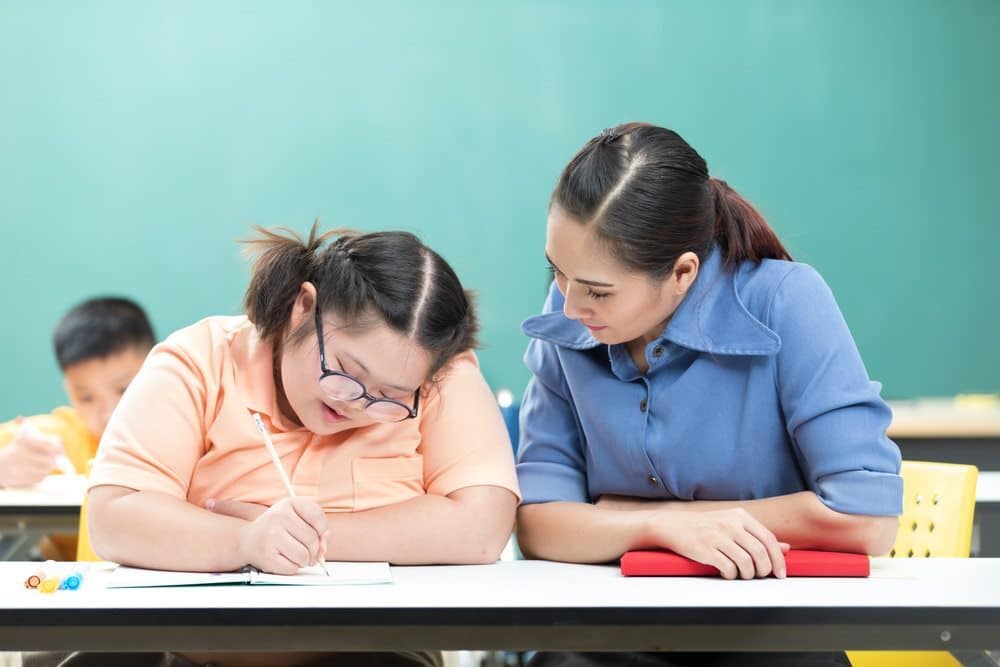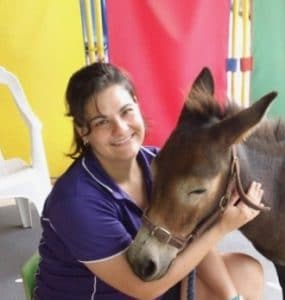Autism is a lifelong developmental disability that impacts how people perceive the world and interact with others. Characterised by difficulties in social interaction and verbal and non-verbal communication, autism is often identified in the early years of a child’s life. But what are the three levels of autism and how are they diagnosed?

What is autism?
The autism spectrum disorders are a group of conditions formerly known as Autistic disorder, Asperger syndrome and Pervasive Developmental disorder that share a range of symptoms.
Autism is a lifelong condition that affects the way people communicate, interact with others and experience the world around them. However, its impact varies depending on the individual.
There are around 200,000 autistic adults and children in Australia which is around than 1 in 100, hence why it’s important to know how to diagnose and treat it.
ASD level 1
People with level 1 autism require the least amount of support to function in day-to-day life as this is the mildest form that exists of the developmental disorder.
Acting as the highest functioning form of autism, those with level 1 maintain average or above average intelligence, meaning they can often live independently without requiring much assistance.
Individuals also retain the ability to learn communication skills, have a good understanding of social situations and make friends.
However, they still face difficulties when it comes to speaking in full sentences, understanding social cues and maintaining long-term relationships.
They also suffer from issues with executive function, including planning, flexibility and switching between tasks.
ASD level 2
The repetitive behaviours and communication deficits that characterise ASD become more obvious in individuals with level 2 autism.
Whilst they usually maintain the ability to understand and speak, they will find social interactions harder, as well as understanding other people’s feelings and carrying out daily tasks like getting dressed or brushing their teeth.
Executive function is also further affected, meaning the ability to be flexible and change activities throughout the day can cause significant distress.
ASD level 3
The most serious level of autism is level 3, and children with this type may face difficulties with communication, social interaction, and the ability to complete tasks independently.
For example, some individuals have speech deficits resulting in access to only a few words as their social interaction skills are extremely depleted.
They may also need total care due to physical impairments that make it difficult for them to carry out daily tasks such as dressing, bathing or walking.
How is autism diagnosed?
To be diagnosed with a level of autism, a person must meet certain criteria for social communication impairments and restricted/repetitive behaviours.
Autism is diagnosed by a psychologist and speech pathologist with medical input from a treating paediatrician. The diagnosis process involves an assessment with a speech pathologist and several assessment components with a psychologist. Psychologists may asks questions and do clinical observations of the child which helps to give them a sense of how the child thinks and feels as well as how they communicate and play with others in a real-life situation. Psychologists may also ask questions to help them understand more about the child’s mental development, language skills, social skills and play activities. There is also formalised assessments called an ADI-R completed with the parents/ caregivers, which goes through early developmental milestones, current functioning and difficulties/ challenges the child demonstrates.
Once they have assessed the severity of the child’s impairments and the amount of assistance they need, they can diagnose them with the corresponding level of ASD.
The earlier the intervention, the better
Autism is often identified in the after the child has turned 2 years and in some cases, parents may notice symptoms as early as 18 months.
For children, early intervention can be the difference between a successful life and a difficult one as it can help to improve social skills, communication, and therefore academic performance.
If you have a child that has been diagnosed with autism, contact Stepping Stone in Life Therapy in Darwin, Katherine or Millner. We offer services in child psychology and speech and language therapy to help improve the quality of life for those who need it.
Author

Barbara Kapser
Barbara Kapser is our psychologist at Stepping Stones in Life Therapy Service in Darwin. She's a member with the Australian Psychological Society and the Australian Association for Infant Mental Health.
She specialises in perinatal infant mental health, attachment disorders, developmental trauma and behaviour support.










